Women, Civil Society and the Geopolitics of Democratization
Routledge Advances in Feminist Studies and Intersectionality
Core editorial group: Dr. Kathy Davis (Institute for History and Culture, Utrecht, The Netherlands), Professor Jeff Hearn (managing editor; Linkping University, Sweden; Hanken School of Economics, Finland; University of Huddersfield, UK), Professor Anna G. Jonasdttir (rebro University, Sweden), Professor Nina Lykke (managing editor; Linkping University, Sweden), Professor Chandra Talpade Mohanty (Syracuse University, USA), Professor El

bieta H. Oleksy (University of

d

, Poland), Dr. Andrea Pet (Central European University, Hungary), Professor Ann Phoenix (Institute of Education, University of London, UK)
Routledge Advances in Feminist Studies and Intersectionality is committed to the development of new feminist and profeminist perspectives on changing gender relations, with special attention to:
Intersections between gender and power differentials based on age, class, dis/abilities, ethnicity, nationality, racialisation, sexuality, violence, and other social divisions.
Intersections of societal dimensions and processes of continuity and change: culture, economy, generativity, polity, sexuality, science and technology;
Embodiment: Intersections of discourse and materiality, and of sex and gender.
Transdisciplinarity: intersections of humanities, social sciences, medical, technical and natural sciences.
Intersections of different branches of feminist theorizing, including: historical materialist feminisms, postcolonial and anti-racist feminisms, radical feminisms, sexual difference feminisms, queerfeminisms, cyberfeminisms, posthuman feminisms, critical studies on men and masculinities.
A critical analysis of the travelling of ideas, theories and concepts.
A politics of location, reflexivity and transnational contextualizing that reflects the basis of the Series framed within European diversity and transnational power relations.
1. Feminist Studies
A Guide to Intersectional Theory, Methodology and Writing
Nina Lykke
2. Women, Civil Society and the Geopolitics of Democratization
Denise M. Horn
Women, Civil Society and the Geopolitics of Democratization
Denise M. Horn

New York London
First published 2010
by Routledge
270 Madison Avenue, New York, NY 10016
Simultaneously published in the UK
by Routledge
2 Park Square, Milton Park, Abingdon, Oxon OX14 4RN
Routledge is an imprint of the Taylor & Francis Group, an informa business
This edition published in the Taylor & Francis e-Library, 2010.
To purchase your own copy of this or any of Taylor & Francis or Routledges collection of thousands of eBooks please go to www.eBookstore.tandf.co.uk.
2010 Taylor & Francis
All rights reserved. No part of this book may be reprinted or reproduced or utilised
in any form or by any electronic, mechanical, or other means, now known or hereafter invented, including photocopying and recording, or in any information storage or
retrieval system, without permission in writing from the publishers.
Trademark Notice: Product or corporate names may be trademarks or registered trademarks, and are used only for identification and explanation without intent to infringe.
Library of Congress Cataloging-in-Publication Data
Horn, Denise M. (Denise Marie)
Women, civil society and the geopolitics of democratization / by Denise M. Horn.
p. cm.(Routledge advances in feminist studies and intersectionality ; 2)
Includes bibliographical references and index.
1. Women in development. 2. Geopolitics. 3. Democratization. I. Title.
HQ1240.H67 2010
305.40947'09051dc22
2009040393
ISBN 0-203-85459-4 Master e-book ISBN
ISBN10: 0-415-87225-1 (hbk)
ISBN10: 0-203-85459-4 (ebk)
ISBN13: 978-0-415-87225-6 (hbk)
ISBN13: 978-0-203-85459-4 (ebk)
For D.G., J.D., A.B., C.A., J.S. and I.S.
Contents
Figures and Tables
FIGURE
2.1 | The gentle invasion model. |
TABLES
1.1 | International Uses of Power Classified on Two Dimensions |
2.2 | Case Selection |
Foreword
International relations, foreign policy, world politics, geopolitics these, and many other similar notions are usually discussed and represented as gender-neutral, or as simply mens worlds. How women figure in geopolitics, security, the formation of states and civil societies is still a neglected issue. Yet as Denise Horn puts it directly: But they [women] are there, and policy makers know it. What they [policy makers] do with that knowledge is worthy of our attention.
This volumethe second in the seriesaddresses a topical and important issue, namely as the title tells us: Women, Civil Society and the Geopolitics of Democratization. It engages with the processes of post-Soviet transformation in the newly independent states, with special reference to the relations between those countries of Central and Eastern Europe, the European Union, the Nordic region, and the US. Drawing on a range of research and field experience in different parts of Central and Eastern Europe, it is written from the positioning of the USA.
In particular, she elaborates on the gentle invasion strategy (rather than hard militaristic invasion strategy), whereby several former Soviet states graduated to NATO and EU membership, while at the same time some other such states did not. In these processes the place, activity, symbolism and uses of women and womens NGOs is foregrounded. To put all this rather differently: so, does NATO, or the EU, have a gender or several genders?
In many ways the book is located primarily within the fields of international relations and political science, but, as with the books that this series promotes, it challenges neat disciplinary boundaries. These political issues are also matters of social, cultural, economic and linguistic significance and meanings. Within the framework of the series, the book considers, interprets and reflects on key issues raised by gendering these transformations in a thoroughgoing way. This volume is of interest not only to researchers and students, but also policy-makers and professionals concerned with these questions of societal change.
This book is an example of the vibrant, developing transnational web of activities called feminist studiesand that is the basis of this series. Feminist theories and practices have shown that gender is a major structuring force and principle in and across societies and cultures, both globally and locally. This is no more urgent than in these fields of foreign policy and IR. Gender relations are both subject to change and resistance to change, within what can only be seen as a turbulent historical period, including here the processes of transition in the post-Soviet era. Moreover, at the same time that gender and gender relations have become more fully recognized and analyzed in research, scholarship, intervention, politics and activism, the notion of gender has also become complex and perhaps even less certain.

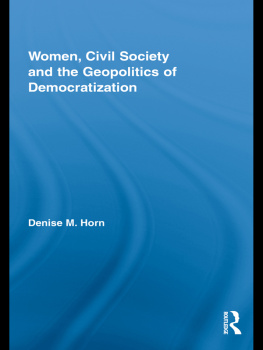
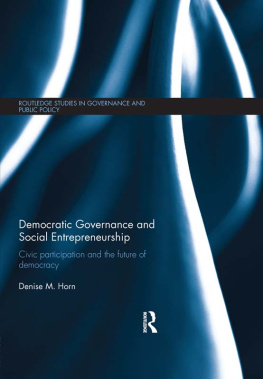

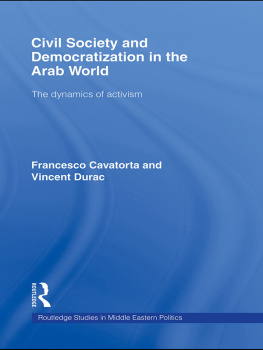
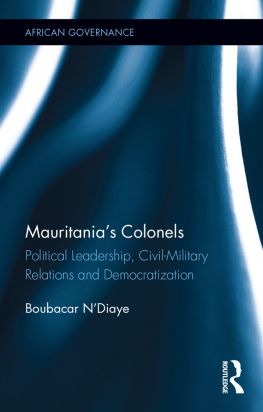
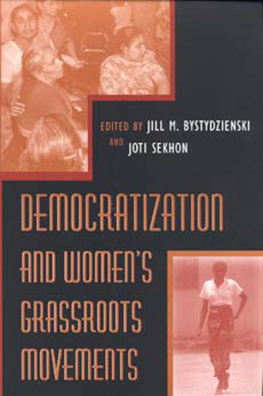
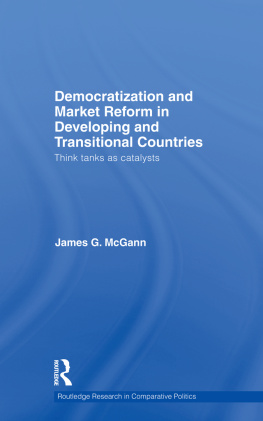
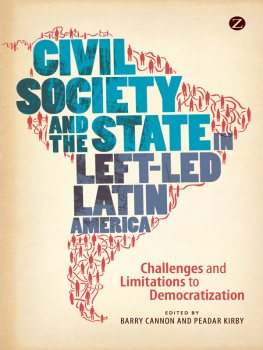
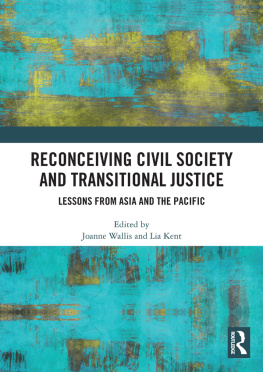
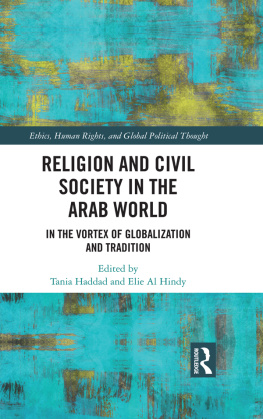

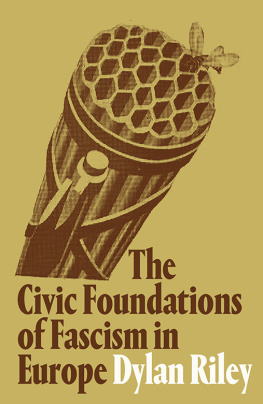
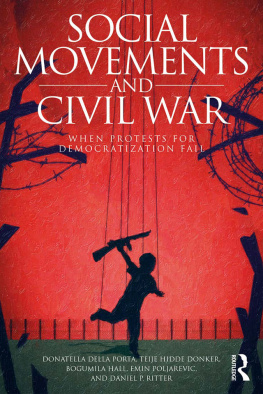
 bieta H. Oleksy (University of
bieta H. Oleksy (University of  d
d , Poland), Dr. Andrea Pet (Central European University, Hungary), Professor Ann Phoenix (Institute of Education, University of London, UK)
, Poland), Dr. Andrea Pet (Central European University, Hungary), Professor Ann Phoenix (Institute of Education, University of London, UK)